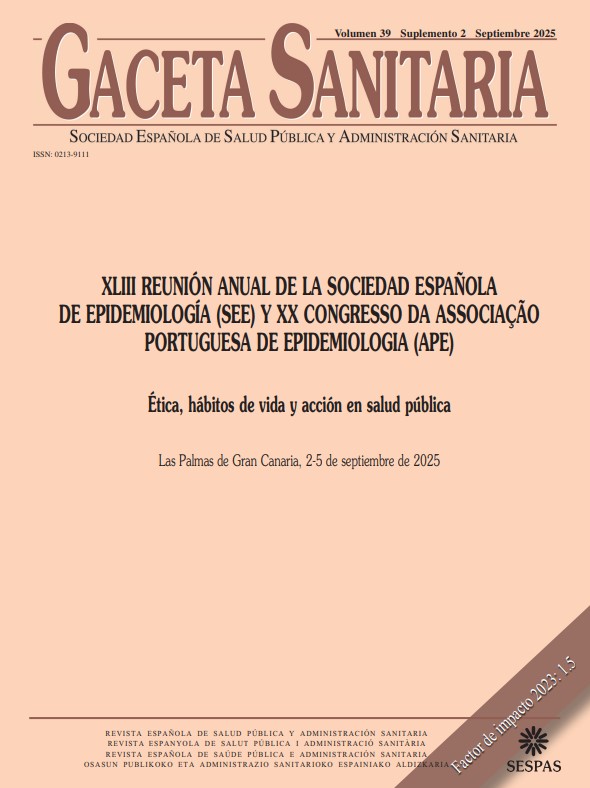905 - THE IMPACT OF THE TOBACCO LAW ON TOBACCO-RELATED HOSPITALIZATIONS IN PORTUGAL – A NATURAL EXPERIMENT
Nova National School of Public Health; ULS Leiria; ULS Coimbra; General-Directorate for Health (DGS); ULS Oeste; Comprehensive Health Research Center.
Background/Objectives: Tobacco is responsible for approximately 8 million deaths annually worldwide, with 1.2 million resulting from passive exposure to smoke, as reported by the WHO. Comprehensive tobacco control policies have been enacted across Europe, yet their impacts are seldom assessed. This study evaluates the effects of the anti-tobacco legislation enacted in Portugal in 2007 on the tobacco-related hospitalizations in Portugal between 2002 and 2018.
Methods: Data from all in-patient admissions in public hospitals throughout the 2002-2018 period were utilized. A quasi-experimental interrupted time series design was employed, treating 2008 as an exogenous shock. The dependent variables include the municipality-based incidence of hospitalizations by year for tobacco-related diseases, namely, Acute Myocardial Infarction, stroke, lower respiratory tract infections, chronic obstructive pulmonary disease, and asthma. The analysis was adjusted for the percentage of women, percentage of individuals aged over 65, and purchasing power in the municipality. Time trend graphs for each variable were generated, followed by an adjustment using the Poisson regression model to forecast their trends. A comparison was conducted between observed post-law implementation data and projected values from the regression model to ascertain the percentage difference between the two.
Results: The 2007 tobacco law led to significant reductions in tobacco-related disease incidence, with the most notable effects immediately post-implementation. The impact varies across age groups, with younger individuals (30-49 years) showing a sharper decrease. The effect diminished over time, as indicated by negative coefficients in time:law interactions, such as -0.03.
Conclusions/Recommendations: The anti-tobacco laws implemented in Portugal have effectively decreased hospitalizations related to tobacco use, suggesting potential increases in life expectancy and reduction in health system burden.















